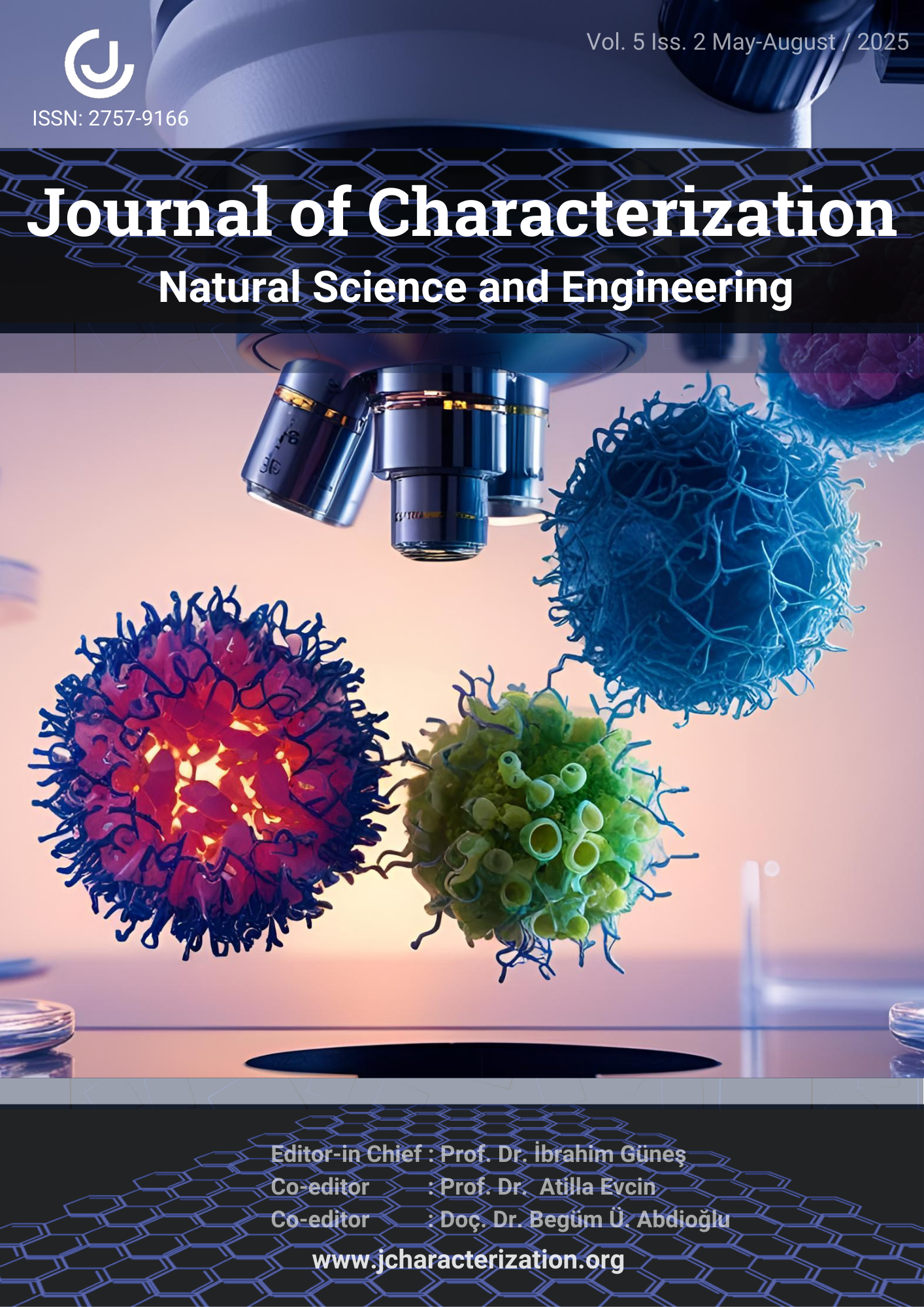Evaluation of Static and Fatigue Strength of Bolts Manufactured By Selective Laser Melting and Wire Electrical Discharge Machining Under Various Torque Conditions
Author :
Abstract
Keywords
Abstract
This research study examines the mechanical performance of bolts fabricated using Selective Laser Melting (SLM), a Laser Powder Bed Fusion (LPBF) technique widely utilized in the aerospace and automotive industries for producing lightweight, high-performance components. To improve mechanical properties through SLM, building orientation plays a crucial role, particularly in enhancing fatigue strength. This study examines the bolts mechanical properties by using SLM optimal process parameters, including laser power of 225 W, scan speed of 500 mm/s, and hatching distance of 100 µm. This study investigates the mechanical performance of M5, M6, and M8 hexagonal bolts with a focus on the effects of torque tightening on tensile strength, fatigue life, and creep resistance. Tensile testing demonstrated the bolts’ high strength, achieving an ultimate tensile strength (UTS) of 1189.32 MPa and a yield strength (YS) of 967.61 MPa at room temperature with a crosshead speed of 1 mm/min. Fatigue testing, conducted under pre-load and torque-applied conditions, revealed that proper torque application significantly enhanced fatigue life, extending it from 21,000–25,000 cycles in pre-load conditions to 135,000 cycles under a torque of 12 N-mm. Additionally, creep testing confirmed the material’s long-term stability, showing no deformation or failure when subjected to a sustained load of 660 MPa over a 24-hour period. These results emphasize the critical role of torque tightening in improving fatigue performance and highlight the reliability of the bolts under prolonged stress, making them suitable for high-performance applications in the automotive and aerospace industries. The findings also provide valuable insights for the optimization of hexagonal bolts manufactured via Selective Laser Melting (SLM) for structural applications.





